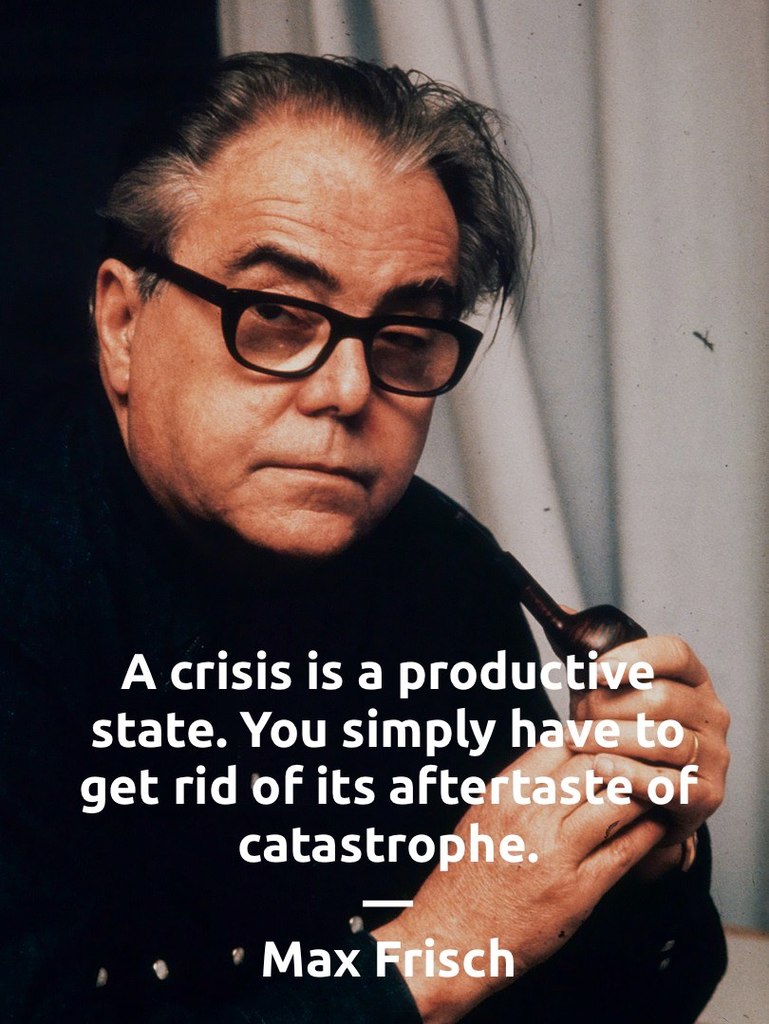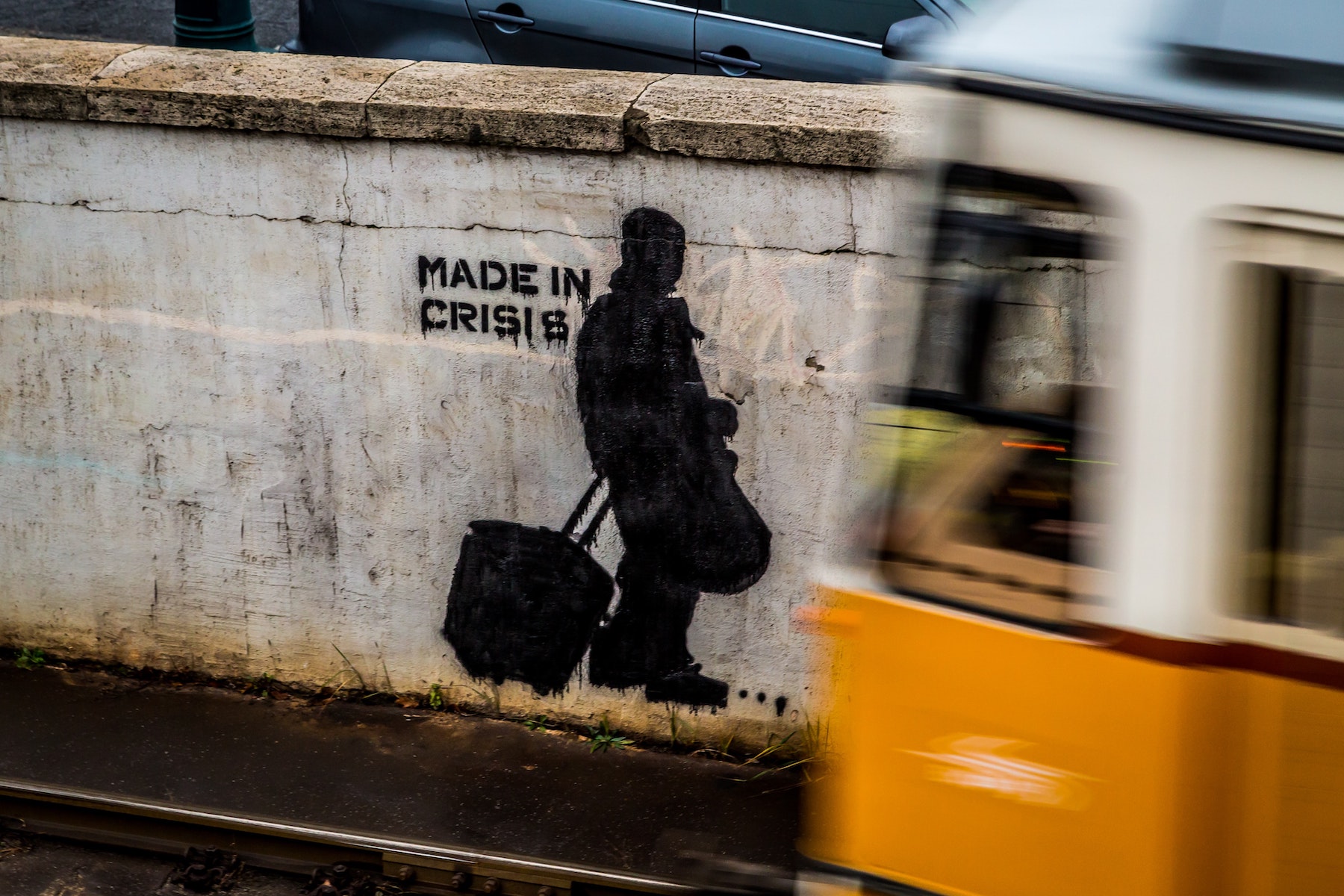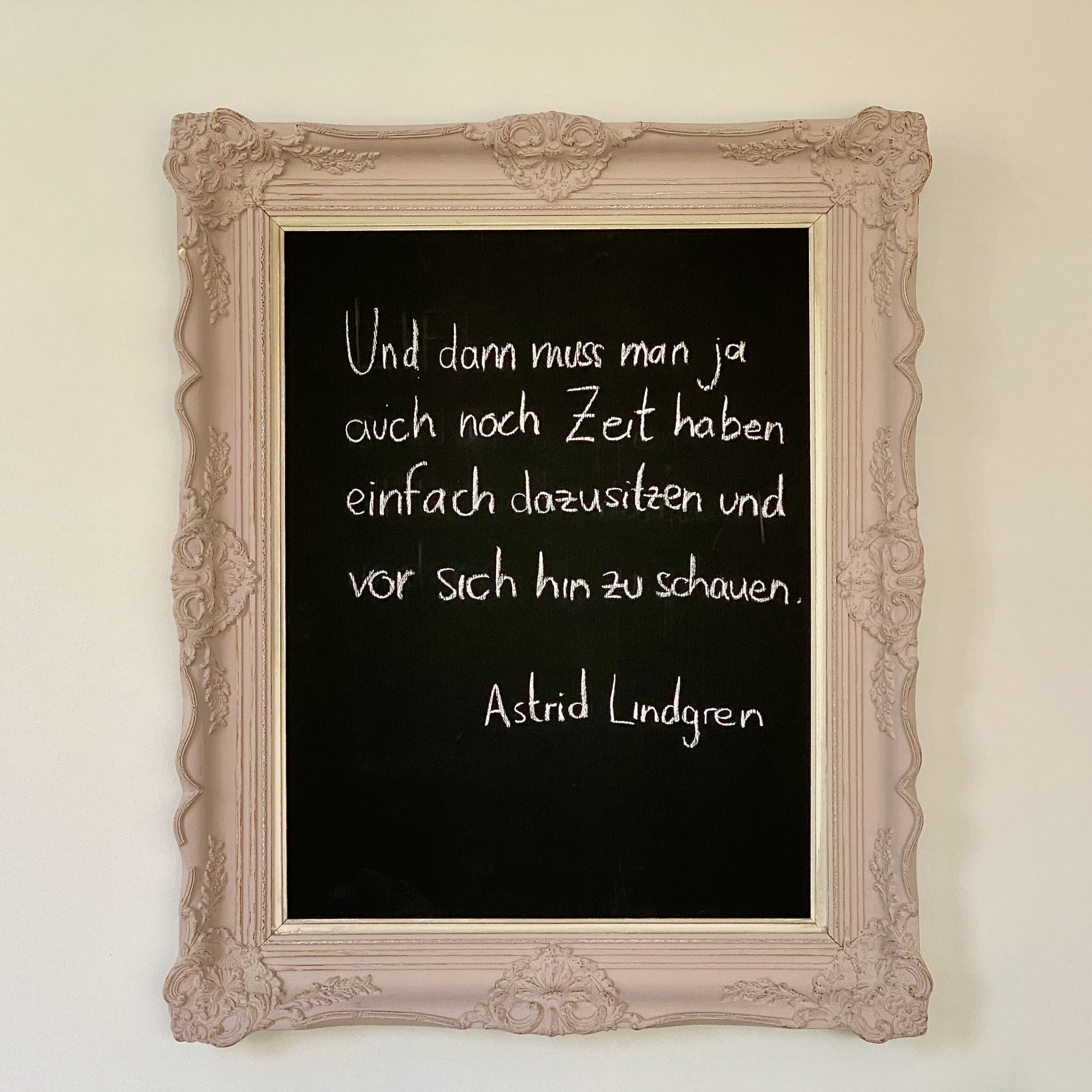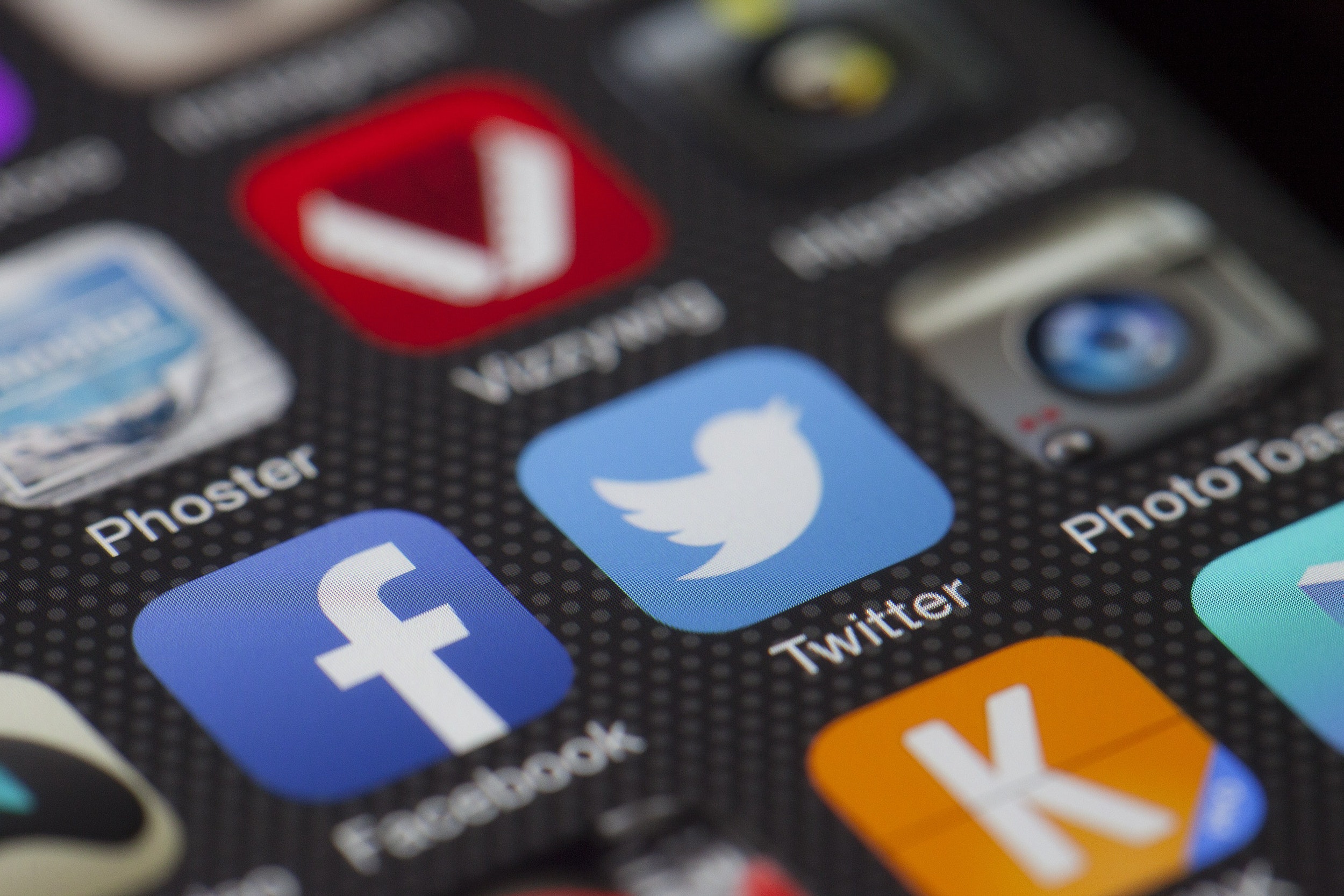Necessity is the mother of invention and even though it may not feel that way for everyone at the moment and certainly not always, I basically agree with Max Frisch: “A crisis is a productive state. You simply have to get rid of its aftertaste of catastrophe.”

Home office with our three children Marie (5 years), Ella (4 years) and Valentin (3 months) is a huge challenge, which we only manage to some extent because Kathrin, the very best wife in the world, is taking parental leave at the moment. The unusual amount of time spent together naturally brings with it a lot of friction. And it is not always easy to do justice to all aspects of life. On the one hand.
On the other hand, it also brings us closer together as a family and helps us to better understand and respect our needs and limits. And sometimes it is even more relaxed than before, when there were so many possibilities. Nothing can be done now. And because everyone else has the same limitations, we don’t have the feeling that we are missing something. The FOMO (Fear of missing out) has also somehow become a casualty of COVID-19. Those who have fewer options are not automatically more miserable. The Paradox of Choice as Barry Schwartz describes it.
Many colleagues now face similar challenges. I know this thanks to the great initiative of a colleague in our Enterprise Social Network. One morning last week, Kai shared a picture of his home office in Singapore, described his daily challenges with their limitations (which in Singapore have been around a bit longer) and called on people to do likewise under the motto #ShowMeYourHomeoffice. Since then I have learned an incredible amount of personal details about colleagues. I have seen workplaces at the kitchen table, in the tool cellar, in the attic, on the floor and in a tree house with Wi-Fi, sometimes tidy, sometimes messy, mostly improvised, with cats, dogs and many children. Suddenly, despite the distance, our cooperation has become much more human through these pictures.
Many now interact with more empathy and interest in the other person. Meetings start by asking with honest interest how colleagues are doing today. And in the end one wishes for good health. We are (finally) learning digital collaboration, also and especially beyond video conferencing. The exchange in the Enterprise Social Network has never been faster and more helpful. Now that the mutual exchange over coffee is no longer possible, digital coffee kitchens are flourishing. And that is a good thing.
Once the Corona pandemic is over, can we please always have a quick chat at the beginning of a meeting about how we are doing? And at the end, wish us health, happiness or even just a nice day? And not just as an empty phrase, but with real interest. Can we then continue to treat each other with empathy and understanding as human beings on a par and with equal dignity? Thank you!
In the Chinese language, the word “crisis” is composed of two characters, one representing danger and the other, opportunity.
John F. Kennedy
But this request also resonates with fear. Fear that after the crisis we will forget everything and fall back into old patterns. Or even worse, that because of the crisis and its economic consequences, we will be all the more relentless and dogged afterwards. Then the togetherness during the crisis quickly turns into competition in the fight for our own jobs. And finally, there is the fear that the current restriction of civil liberties or the softening of data protection and increased surveillance, e.g. by evaluating the movement data of our smartphones, was just the beginning, i.e. the fear that we have opened Pandora’s box and that this will then be cleverly exploited for their purposes by political arsonists, of whom we unfortunately have no shortage.





